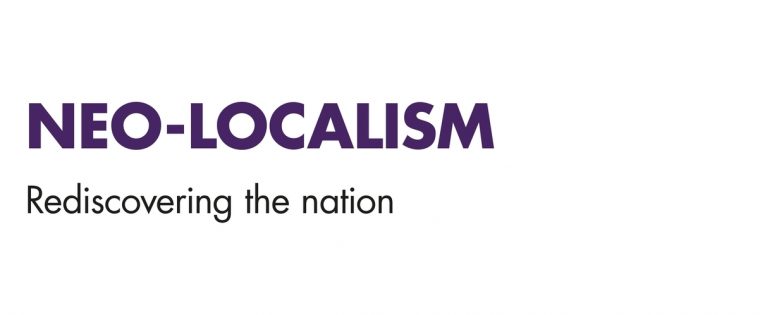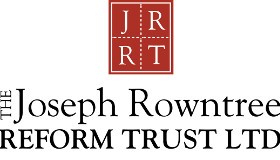Neo-localism: Rediscovering the nation
An essay collection

Neo-localism: Rediscovering the nation
An essay collection
Neo-localism isn’t a neologism. It has been in use for some time in human geography circles. A quick google search tells you it was coined by Wes Flack and refers to the idea of promoting and preserving community identities and cultures. Wanting to place it into a UK political context, we have what you might describe as ‘culturally appropriated’ the term. The only similarities between our definition and the original is the sense of ‘the local’ being acutely important to communities.
This collection is really a statement of where Localis is heading intellectually. We’ll certainly continue to produce precise policy research on the economy and public services, but we can’t be blind to the wider political breakdown the UK is experiencing. To not have a view on the nature of what is happening to our politics, to not be brave enough to take the risk of having an opinion and making it known, would be wasteful.
Contributors and essay titles
- Rt Hon Sajid Javid MP, Secretary of State for Communities and Local Government – Foreword
- Liam Booth-Smith, Chief Executive of Localis – What is neo-localism?
- Barry Quirk, Chief Executive of the Royal Borough of Kensington and Chelsea – Why place matters
- Adrian Harvey, novelist and writer – Why beauty matters
- Rafael Behr, political columnist at The Guardian – When does solidarity occur?
- Ryan Shorthouse, Director of the think tank Bright Blue – Is the local, liberal?
- Vernon Bogdanor, Professor of Government at King’s College, London – The case for new power
- Philip Collins, Chief Leader Writer and Columnist at The Times – The identity of a city
- Dan Hitchens, Deputy Editor of The Catholic Herald – Can there be a civil society without faith?
- Claire Fox, Director of the Institute of Ideas – The incivility of civic language
- Jack Airey, Head of Research at Localis – A neo-localist England
- James Worron, Director at Burson-Marstellar – Why the United Kingdom is a legacy worth preserving
- Alexandra Runswick, Director at Unlock Democracy – Local democracy and electoral reform
Collection kindly supported by:

